SAR Europe convenes the European Coordinating Committee for Academic Freedom Advocacy. The Committee works towards greater integration of academic freedom within Europe’s higher education, research, and human rights systems, and encourages European states to take tangible action to promote and protect academic freedom nationally, regionally, and globally. Membership comprises a broad set of key actors, including representatives from human rights and related NGOs, universities, associations and higher education networks across Europe.

Claire Ivers
Head of EU Office Front Line Defenders
Claire Ivers currently works as the Head of EU office at Front Line Defenders where she is responsible for leading and overseeing the organisation’s advocacy work in Europe and the Business and Human Rights programme. Prior to joining Front Line Defenders in July 2020, Claire worked for Human Rights Watch for over a decade in Brussels and subsequently established a human rights consultancy practice where she advised and led projects at the EU level for numerous organisations including Anti-Slavery International, the International Dalit Solidarity Network and Open Society’s European Policy Institute. She has also served as interim Executive Director of European Digital Rights. From Cork (Ireland) but now based in Brussels, Claire holds a Joint Honours degree in Law and French and an LLM in Public International Law.
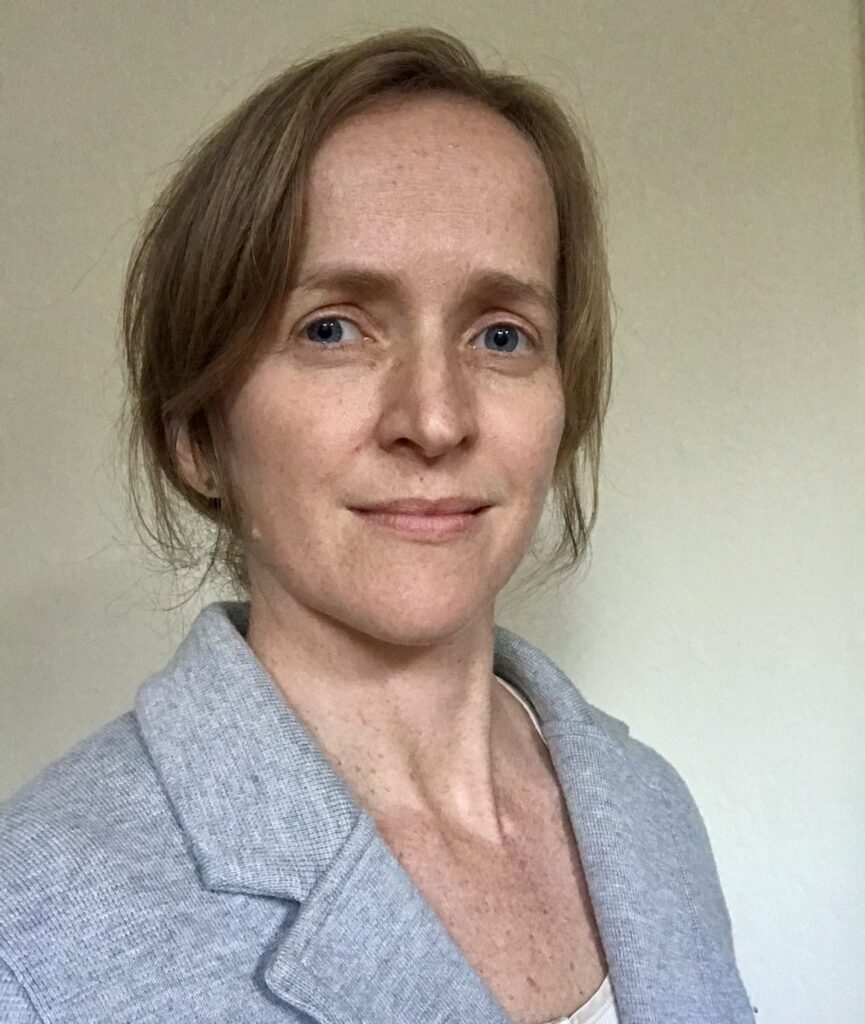
Clare Robinson
Advocacy Director, Scholars at Risk
Clare Robinson is Advocacy Director at Scholars at Risk, where she leads SAR’s efforts to identify, report on, and respond to attacks on higher education communities worldwide. Ms. Robinson developed and oversees the organization’s Student Advocacy Seminars, faculty-led teams of students conducting advocacy on behalf of imprisoned scholars and students via the Scholars in Prison Project; and is responsible for research and advocacy around country-focused concerns relating to academic freedom. She holds an MA in Politics/International Relations from New York University, where she was founding editor of the NYU Department of Politics’ Journal of Political Inquiry. She was previously Public Information Officer in the Office of the Prosecutor of the International Criminal Court and is an active alumna of UCLA.
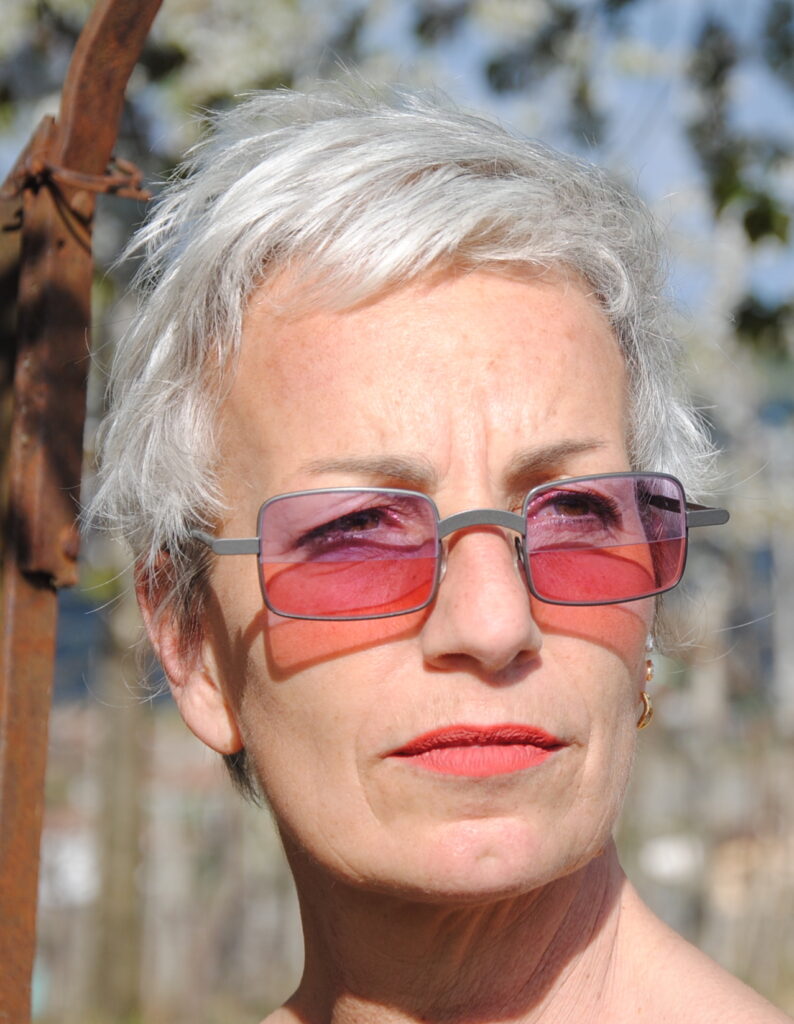
Claudia Padovani
Associate Professor in Political Science and International relations, University of Padova, Italy
Representative of SAR Italy
Claudia Padovani is Associate Professor in Political Science and International Relations at the University of Padova (Italy) where she teaches master courses in Communication Governance and Communication Practices Diversity and Inclusion. Her main areas of interest concern the transformation of political processes in the global context and their connection to the evolution of communication processes and technologies, with a special focus on gender equality, communication rights and social justice. In relation to gender equality and communication issues, Padovani co-coordinates the UNESCO UniTWIN Network on Gender Media and ICT and is a member of the Global Alliance for Media and Gender (GAMAG) where she contributes positions papers and reports channeled at UN level. She is also an active member of the Digital Constitutionalism Network and of the Euromedia Research Group. Since 2016 Padovani has been actively involved in advocacy for academic freedom, promoting the University of Padua’s commitment to Scholars at Risk. She is one of the three coordinators of the Italian SAR section (established in 2019), where she chairs the Advocacy working group. Padovani is also one of the instructors of Padua Students’ Advocacy Seminars.
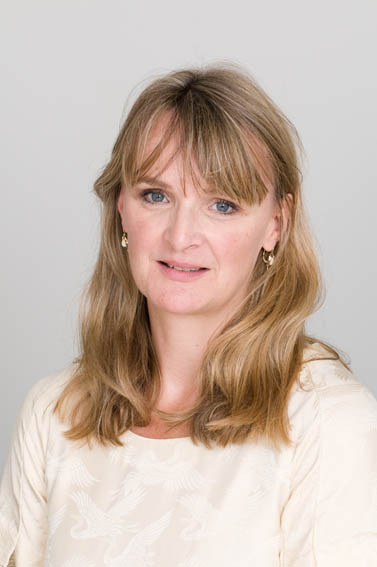
Claudia Tazreiter
Representative of SAR Sweden
Claudia Tazreiter is Professor and Research Chair in Ethnic and Migration Studies at the Institute for Research on Migration, Ethnicity and Society (REMESO), University Linköping and Conjoint Professor at the University of New South Wales, Sydney. Her research is in the fields of political sociology, social theory, visual cultures, race, ethnicity and migration. The focus of this research is on the social and affective impacts of forced and irregular migration on human rights culture, the role of civil society in social change, and visual cultures of dissent. Claudia is on the Board of the Academy in Exile, Free University Berlin, the Swedish representative of Scholars at Risk, and founded the Forced Migration Research Network that is active across the Asia Pacific. She is the author of numerous articles, chapters and books including, Asylum Seekers and the State. The Politics of Protection in a Security-Conscious World (Routledge 2017); Fluid Security in the Asia Pacific. Transnational Lives, Human Rights and State Control (Palgrave 2016); and the Handbook on Migration and Global Justice, edited with Leanne Weber (2021 Edward Elgar). Claudia has held several visiting research appointments, including at the Institute for Political Science, University Vienna (2018), Center for Place, Culture and Politics, City University New Work CUNY (2014) and the Centre for International Studies (CERI) Science Po (2011) is fellow at the Institute for Migration and Intercultural Studies (IMIS), University Osnabrück.
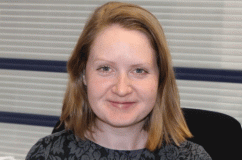
Denise Roche
Advocacy Manager, Scholars at Risk Europe
Denise Roche is the Advocacy Manager at SAR Europe. She leads our advocacy work to promote academic freedom, including coordinating the activities of the European Coordinating Committee for Academic Freedom Advocacy. Denise is a qualified solicitor, holds an LLM in Advanced Legal Practice from Northumbria Law School England, and a BCL (International) degree from University College Cork Ireland. Prior to joining SAR Europe in July 2020, she held positions at the National Women’s Council, the Law Reform Commission, the Department of Foreign Affairs and Trade, the Irish Mission to the United Nations in New York, and acted as a Judicial Fellow of the High Court. Previously she served as co-rapporteur of the Feminism and International Law Committee of the International Law Association and was a committee member of the Irish Women Lawyers’ Association
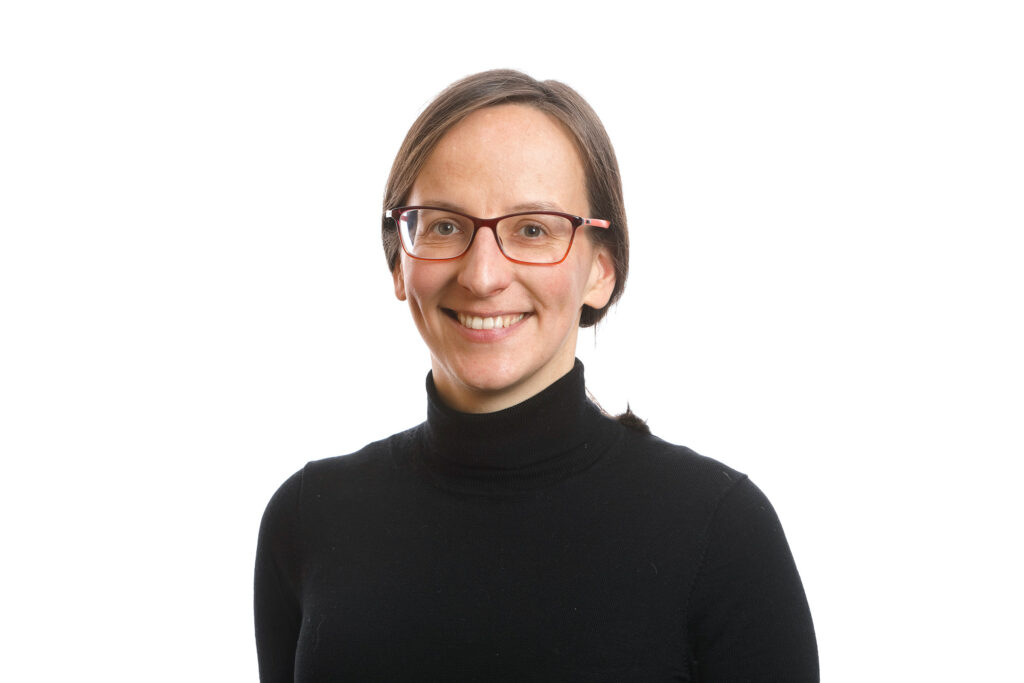
Dr. Katarzyna (Kasia) Kaczmarska
Lecturer in Politics and International Relations, University of Edinburgh, UK
Kasia Kaczmarska is a lecturer in Politics and International Relations at the School of Social and Political Science, the University of Edinburgh. Kasia researches knowledge construction among scholars and practitioners of international politics and the ways in which the socio-political context influences academic knowledge-making and use. She is the author of Making Global Knowledge in Local Contexts: The Politics of International Relations and Policy Advice in Russia (Routledge 2020). Prior to joining the University of Edinburgh, Kasia was Marie Sklodowska-Curie Fellow with a project enquiring into IR knowledge- and expertise production in non-democratic contexts.
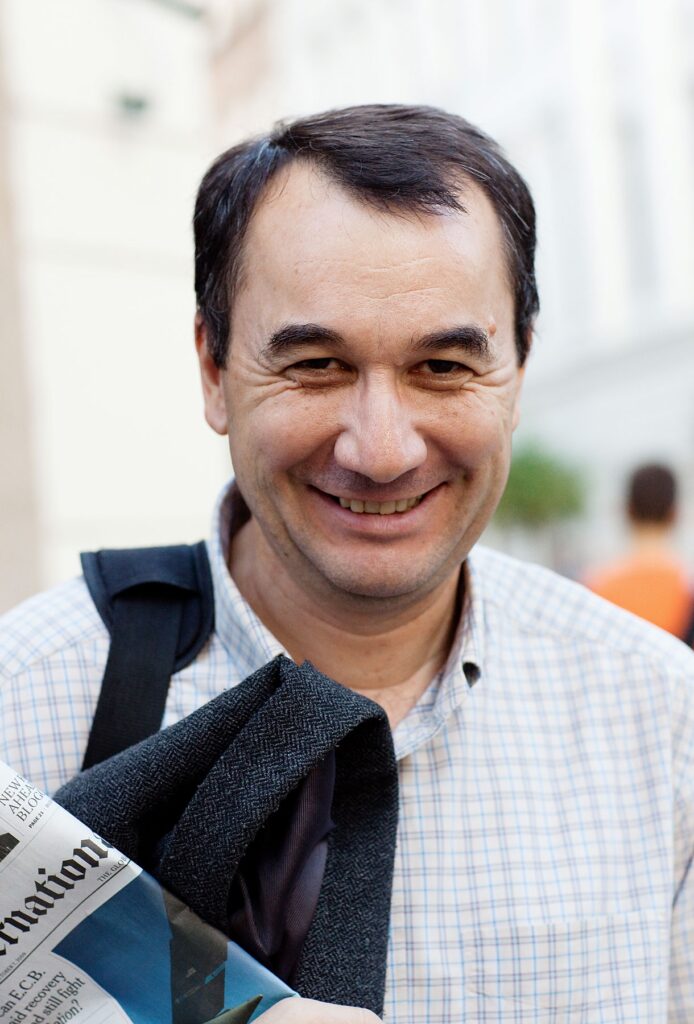
Dr. Liviu Matei
Professor Liviu Matei, Head of the School of Education, Communication & Society and Professor of Higher Education and Public Policy at King’s College London.
Prior to joining King’s College London, Liviu was the Provost of Central European University and a Professor of Higher Education Policy. He taught at universities in Romania, Hungary and the U.S., consulted extensively in the area of higher education policy and conducted applied policy research projects for the World Bank, UNESCO, OSCE, the Council of Europe, the European Commission, and other international organizations (intergovernmental and non-governmental), national authorities and universities from Europe and Asia. He is a member of the Board of Trustees of the American University of Central Asia and serves on the editorial boards of the Internationalisation of Higher Education Journal and the European Journal of Higher Education. He studied philosophy and psychology at Babeș-Bolyai University Cluj, and Sociology of Higher Education at Bucharest University, Romania. He received his PhD from the latter. He benefited from fellowships at the Institut Supérieur de Formation Sociale et de Communication, Bruxelles, The New School for Social Research, Université Paris X Nanterre, Université de Savoie, the Salzburg Seminar and the Maison des Sciences de l’Homme. His primary areas of expertise include university governance, funding, internationalization of higher education, academic freedom and university autonomy, quality assurance.
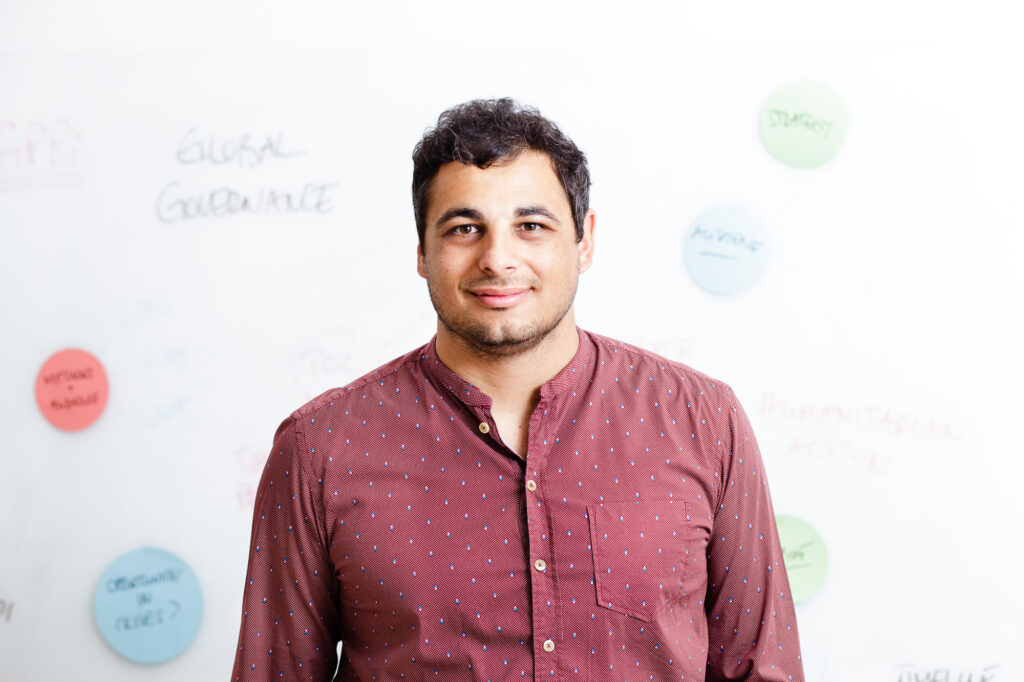
Ilyas Saliba
Research Fellow at the Democracy and Democratization Unit at the WZB Berlin Social Science Center and a non-resident Fellow at the Global Public Policy institute (GPPi) in Berlin.
IIyas is currently pursuing his PhD at the Berlin Graduate School for Social Sciences at Humboldt University, where he investigates dynamics of contestation and regime response during the Arab Uprisings in 2011. For his data collection, he has conducted extensive fieldwork in Egypt, Morocco, and Tunisia. After recognizing a lack of guidance on fieldwork safety in scholarly literature, together with a number of colleagues Ilyas co-authored the book: “Safer Fieldwork in the Social Sciences” and has taught many seminars and workshops on issues of fieldwork ethics, safety, data and communication security. During his research, Ilyas has been a visiting researcher at the European University Institute in Florence, at Oxford University’s Nuffield College and the American University in Cairo. Ilyas was also part of the team that developed the Academic Freedom index (AFi), the first time-series dataset providing near-global coverage on academic freedom. He also contributed to the GPPi policy report: “Free Universities. Putting the Academic Freedom Index Into Action” and the volume: “Researching Academic Freedom. Guidelines and Sample Case Studies”. He tweets @ilyas_saliba.
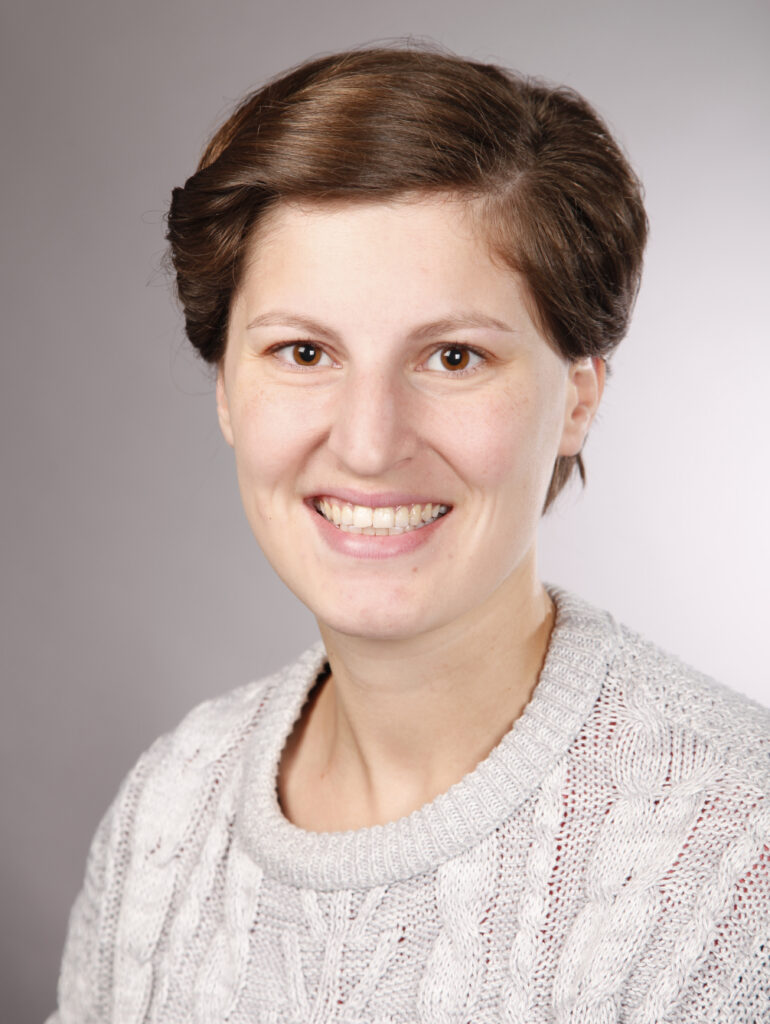
Iris Kimizoglu
Executive Committee Member, European Students’ Union
Iris Kimizoglu is a member of the Executive Committee of the European Students’ Union, which represents nearly 20 million higher education students on the continent. Since 2015, she has been involved in the student movement at the local, state, national and European levels. In 2020/21, she was a member of the Executive Committee of fzs – freier zusammenschluss von student*innenschaften and in 2021/22 she represented the German national union of students in international affairs. During her terms, she led fzs’ solidarity work, especially related to the situation of oppressed students from Belarus. She is in the final phase of her Master’s degree in Political Management, Public Policy and Public Administration at the University of Duisburg-Essens’ NRW School of Governance. Her main areas of work at ESU relate to the Social Dimension; Public Responsibility, Governance and Financing of Higher Education; Academic Freedom and Student Rights, with Iris leading the ESU Task Force on Academic Freedom. Iris also represents ESU on the SAR International Advisory Committee, as well as within the European Higher Education Area Task Force on Enhancing Knowledge Sharing in the EHEA Community.

Laura Lohéac
Executive Director, French National PAUSE programme, France
Laura Lohéac has been the Executive Director of the French national program in support of scholars in exile, the ‘Programme national d’Accueil en Urgence des Scientifiques en Exil’ (PAUSE) at Collège de France since May 2016. She was previously the advisor in charge of international solidarity actions at the office of the Secretary of State for Higher Education and Research, Thierry Mandon, where she established PAUSE. As an expert in international and strategic issues, Laura Lohéac held, in the 17 past years, several positions successively at the French General Secretariat for National Defence, at the Ministry of Foreign Affairs, as the advisor in charge of speeches for the Minister, at the Directorate General for International Relations and Strategy of the Ministry of Defence. Laura Lohéac is a graduate of the French Ecole Normale Supérieure, the School of International and Public Affairs at Columbia University and the Paris Institute of Political Studies.
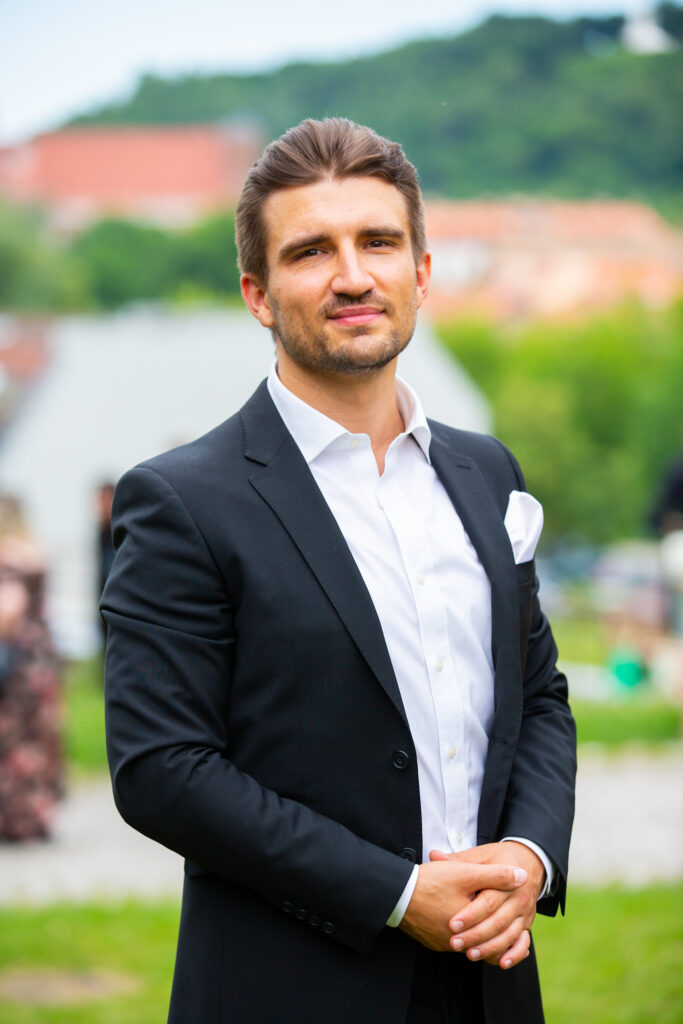
Maksimas Milta
Associate Analyst at the Eastern Europe Studies Centre, and a ReThink.CEE Fellow at the German Marshall Fund of the United States.
In 2013-2021, Maksimas worked at the European Humanities University, Vilnius-based Belarusian University-in-Exile, leading communications and development. By ensuring $16M+ of international donors’ support, 1400 young Belarusians have received indoctrination-free rigorous higher education during his tenure. He ensured sufficient financial support to over a hundred of students and scholars who were forced to leave Belarus and were provided an academic shelter at EHU in 2020/21. In a part-time capacity, Maksimas lectured early 20th-century Western European literature and the intellectual history of Vilnius to freshmen students. He is a frequent commentator on Belarus affairs for the international media and a host of the 10-episode documentary exploring the role of women in mobilizing the Belarusian society, broadcasted on the Lithuanian National TV and Radio. Recognizing his on-the-ground reporting from Belarus during the unfolding of the 2020 protests, Maksimas received the annual Titan award by Delfi, Lithuania’s largest media portal. Currently, Maksimas is a graduate student in European & Russian Studies at Yale.
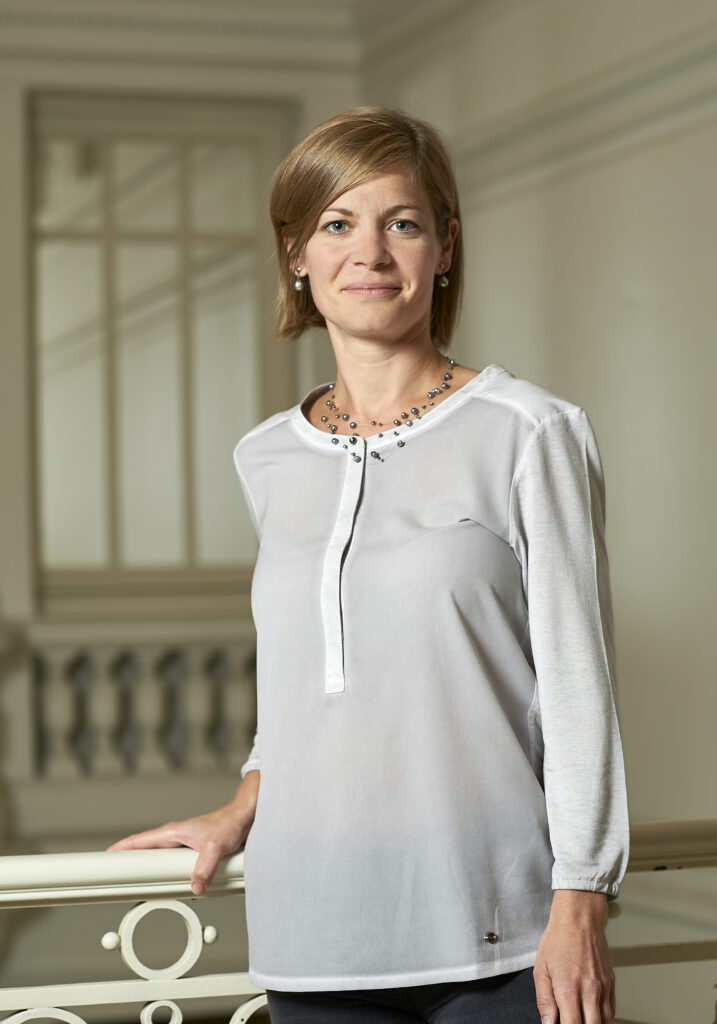
Monika Steinel
Deputy Secretary-General, European University Association
Monika has been Deputy Secretary-General of EUA since October 2021. In this role, she shares strategic oversight of different elements of EUA’s work and contributes to the Association’s organisational development, including the implementation of a new membership strategy. She also deputises for the Secretary General when necessary and leads EUA’s activities on academic freedom and university values. Monika has been with EUA since 2010, initially in the Governance, Autonomy and Funding unit where she implemented EUA’s flagship Autonomy Scorecard project. In 2012, she moved to the Secretary General’s office to support EUA leadership in overall policy development and association management. Prior to working at EUA, Monika gained experience in European education and research programmes at the Liaison Office of German Research Organisations (KoWi) and at the European Centre for Strategic Management of Universities (ESMU) in Brussels. Monika holds a PhD from University College London, an MSc from the London School of Economics, and a BA from the University of York.
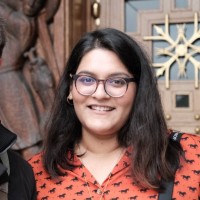
Palak Rao
Palak Rao is the Global Advocacy Advisor at the Norwegian Students’ and Academics’ International Assistance Fund (SAIH).
Representative of SAR Norway
She is responsible for the organization’s international advocacy and mobilization work, with specific focus on ‘Students Rights Watch’ project. Previously, Palak has worked with advocacy on freedom of religion or belief, freedom of expression and women’s rights, especially in Southeast Asia and South Asia. She has an MA in Human Rights from University of Oslo, with a focus on right-wing politics and political violence against religious minorities in India.
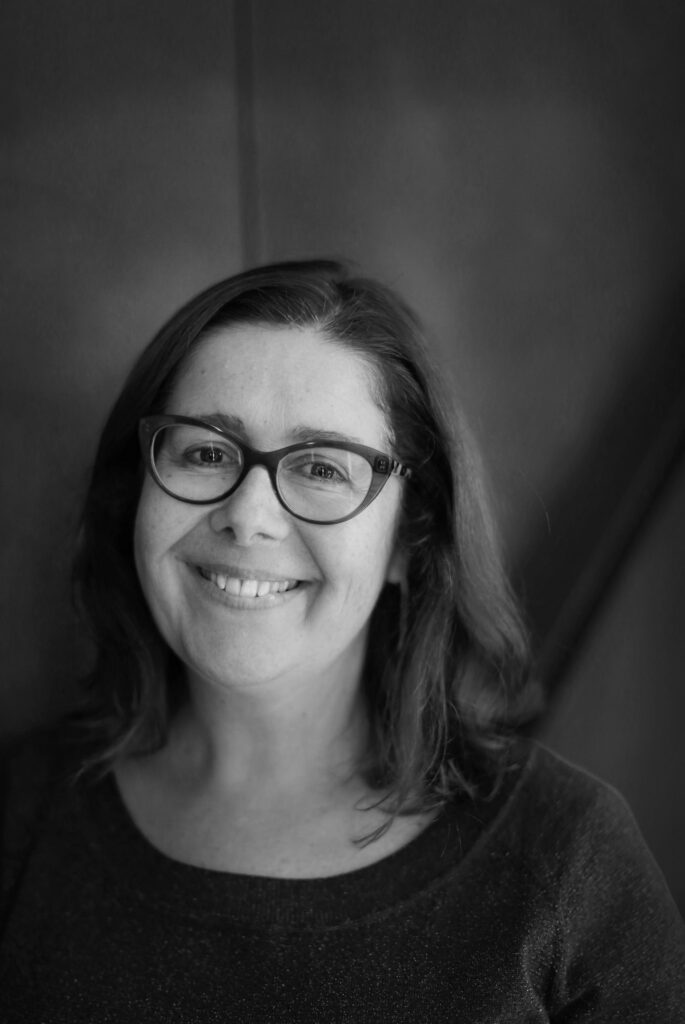
Prof. Dr. Eva Brems
Ghent University Law Faculty, Belgium
Representative of SAR Flanders
Eva Brems is a Professor of Human Rights Law at Ghent University (Belgium), where she is the founder and director of the Human Rights Centre. In addition she is the promoter of the university-wide interdisciplinary Human Rights Research Network, aimed at research valorisation and impact. Eva publishes widely on many topics of human rights law, with a particular emphasis on the European Convention on Human Rights, issues of diversity, and cross-cutting themes from a holistic human rights perspective. Academic freedom is one of the topics that feature in the valorisation work of Eva and her students and team members, amongst others in third party interventions to the European Court of Human Rights and in the Human Rights Clinic for Master students. In addition to her academic work, prof. Brems is and has been active as a chair/board member in several Belgium-based human rights organisations (including as the chair of the Flemish section of Amnesty International 2006-2010), and as a member of the Belgian Parliament (2010-2014). She is currently (2021-2022) the chair of Belgium’s national human rights institution, the Federal Institute for the Promotion and Protection of Human Rights.
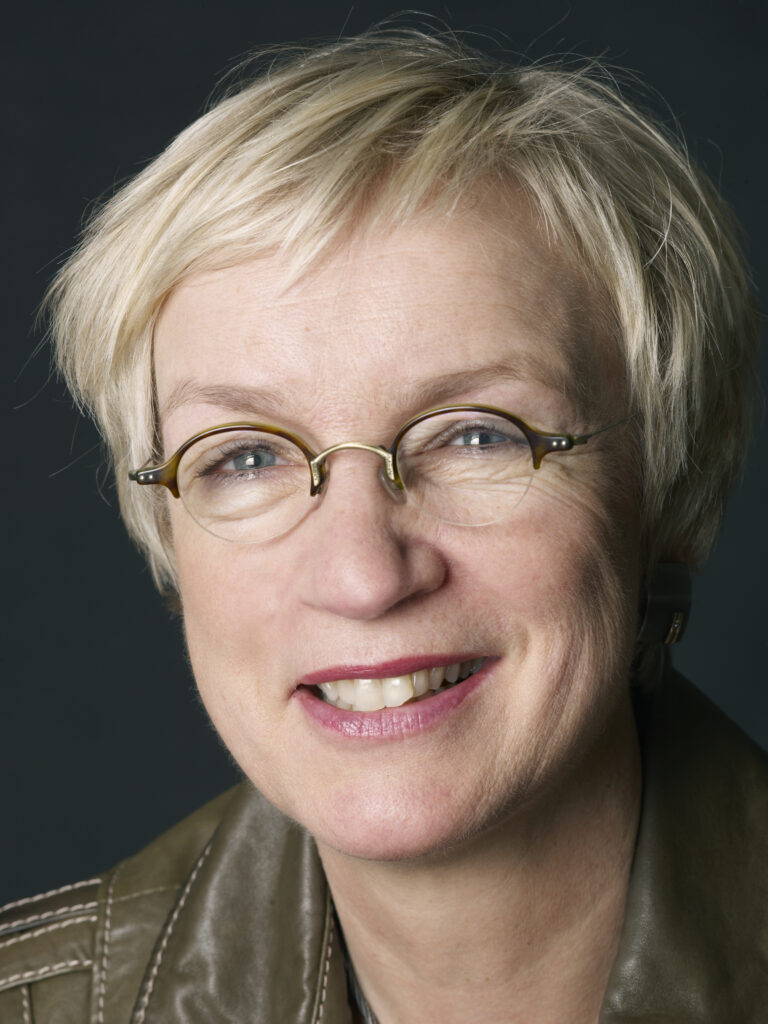
Prof. Helle Porsdam
SAXO-Institute – Archaeology, Ethnology, Greek & Latin, History, JUR Centre for Interdisciplinary Studies of Law, University of Copenhagen, Denmark
Representative of SAR Denmark
Helle Porsdam is Professor of Law and Humanities at the Centre for Interdisciplinary Studies of Law (CIS), Faculty of Law, University of Copenhagen. She also holds a UNESCO Chair in Cultural Rights. Among her most recent scholarly work may be mentioned her monograph, The Transforming Power of Cultural Rights: A Promising Law and Humanities Approach, which was published by Cambridge University Press in 2019. She co-edited, with Sebastian Porsdam Mann, The Right to Science: Then and Now (Cambridge University Press, 2021) and her monograph, Science As a Cultural Human Right, will be published in the University of Pennsylvania Studies in Human Rights Series in 2022.
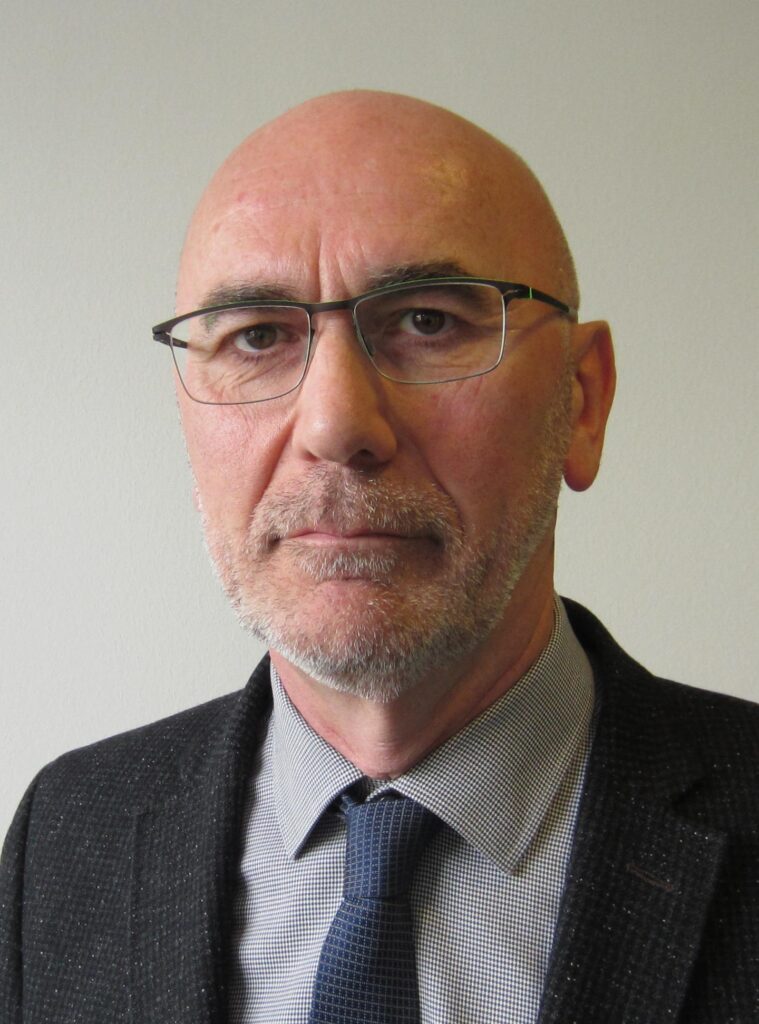
Thomas Böhm
Head of Section, Africa and Middle East, German Rectors’ Conference, Bonn, Germany (Hochschulrektorenkonferenz – HRK)
Before joining the German Rectors’ Conference he was head of the DAAD (German Academic Exchange Service) Information Center for the Gulf Region in Abu Dhabi, UAE and director of the German Center at the German University in Cairo (GUC), Egypt. Thomas Böhm holds a Master Degree in Political and Islamic Sciences from Freie Universität Berlin, Germany. He has also studied at Ain Shams University in Cairo, Egypt and German as a Foreign Language at University of Kassel, Germany.
